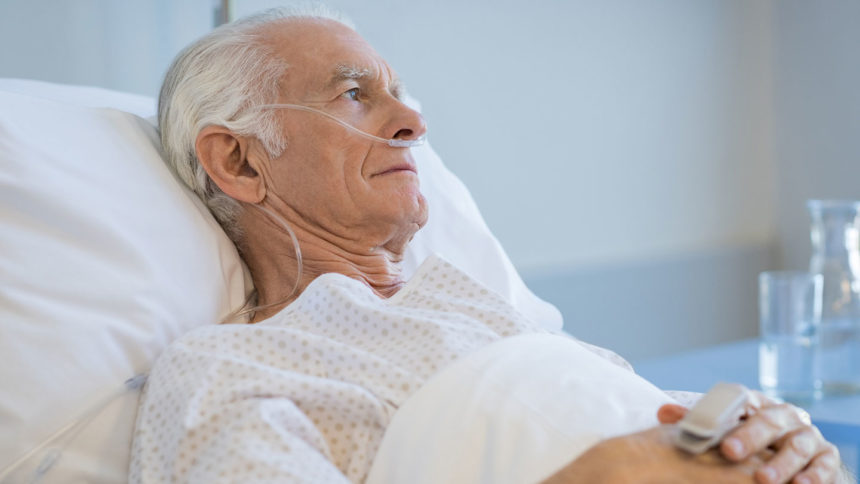
Doctors continue to give people medications that could raise their risk for falling if they’re already in the hospital for a fracture and have Parkinson’s disease, according to a new report.
A study looked at people hospitalized for fractures from falls or other traumatic injuries. Researchers compared their medications before and after hospital stays. The study was published on Aug. 5 in Parkinsonism and Related Disorders.
The team assessed Medicare data on 9,473 people over the age of 65 from 2013 to 2017 to see how prescriptions changed when a person with Parkinson’s disease was hospitalized. It also looked at information on 32,487 people with Parkinson’s who were hospitalized for other reasons.
Before they were hospitalized, about two-thirds of patients in both groups were taking at least one medication that works in the brain and could raise their risk for falling. Three months after being hospitalized, there was a reduction in the medications for people who were hospitalized for injury compared to those for other reasons. But that difference wasn’t so significant at six or 12 months after being discharged.
“We found clinically negligible differences in [potentially inappropriate medication] use among persons with [Parkinson’s] hospitalized for serious injury versus other diagnoses,” the authors wrote.
That could be because stopping disease-specific medications was left to neurologists who aren’t typically involved in care after a hospital stay. People with the disease are more prone to falling; therefore they’re more vulnerable to broken bones and other injuries. They commonly have motor-related issues such as balance issues and gait freezing.
They’re often prescribed combinations of different treatments to manage different aspects of the disease — something called polypharmacy, which means they’re on five or more medications — in addition to other issues common in older adults. Some therapies are useful to treat Parkinson’s, but they can raise a person’s risk for falling and related injuries.
Overall, healthcare professionals need to better review medications so any potentially problematic treatments can be reduced or stopped to lower the risk for future injuries.
Researchers found similar results for people who were hospitalized for other ailments related to Parkinson’s disease, such as pneumonia and urinary tract infections.



